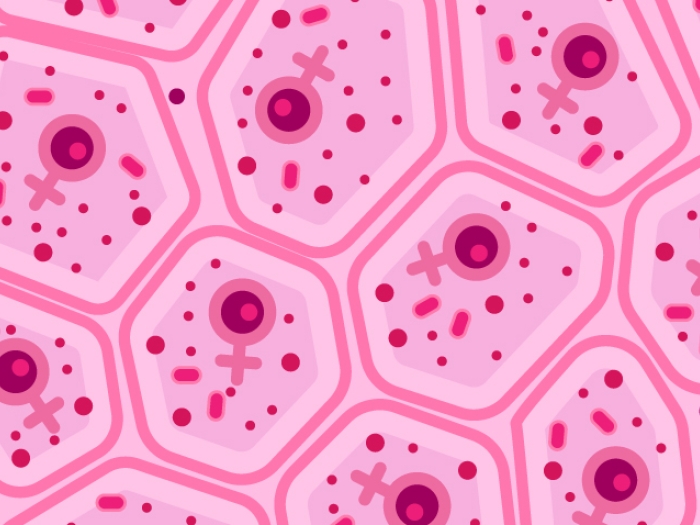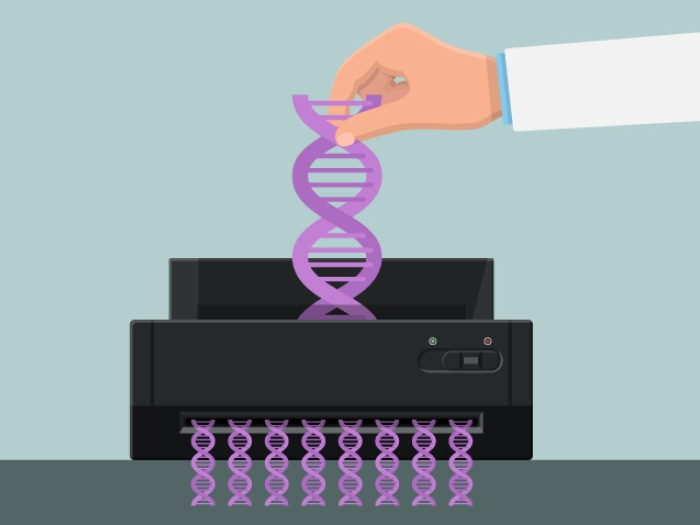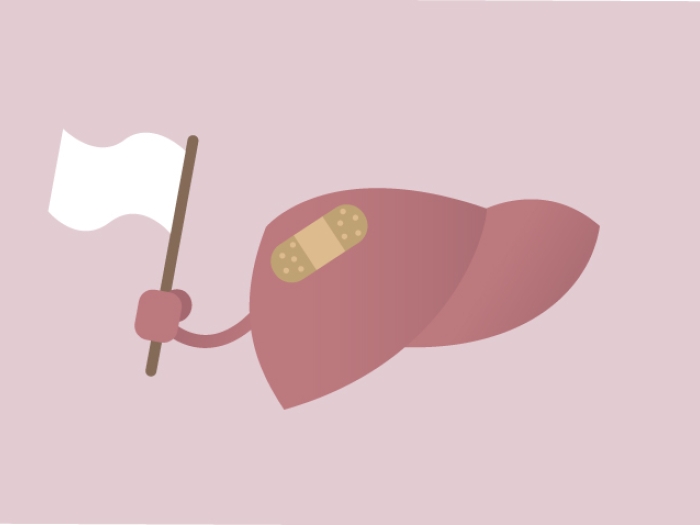Research and Policy Media Relations Manager
Gavin draws on more than 25 years of experience in communicating about science, medicine and health policy. She focuses mainly on the health services research done by members of the U-M Institute for Healthcare Policy and Innovation, who work to understand and improve the safety, quality, equity and affordability of health care. As part of the Michigan Medicine communication team, she has lead responsibility for primary care and mental health topics. Contact: [email protected]; Twitter: @Karag

News Release
The University of Michigan Board of Regents today approved Justin B. Dimick, M.D., M.P.H. as the next chair of the Department of Surgery at the U-M Medical School.

Health Lab
Many people in their 50s and early 60s buy supplements or do puzzles in hopes of staving off memory loss and dementia. But without mentioning their concern to health providers, they may miss out on proven strategies that protect brain health.

Health Lab
A new study finds that the long work hours of an intern’s first year of medical residency are associated with accelerated cellular aging. It’s the first longitudinal study of people exposed to such prolonged stress.

Health Lab
Insurance records reveal patterns of opioid prescribing to patients whose family members “shop” for opioids from multiple sources

Health Lab
Thirty-five times more white patients than patients of color receive buprenorphine, and three-quarters of prescriptions go to those who pay cash or have private insurance
News Release
With 130 Americans dying every day from opioid overdoses, and 2 million suffering from disorders related to prescription and non-prescription opioids, the University of Michigan is ramping up efforts to make an impact on the opioid epidemic through the research and expertise of its faculty and their teams.
News Release
What if a stroke could be treated faster and more completely? Or what if cancer treatment options could be improved for patients with resistant tumors?

Health Lab
Researchers cause a lupus-like disease in mice by amplifying the amount of a single “master regulator” factor — suggesting both a root cause for known differences between the sexes and a target for new treatments.

Health Lab
Standardizing measurement of the physical, social and emotional effects experienced by caregivers of people with a traumatic brain injury could lead to better support for an overlooked group.
News Release
It’s spring cleaning time, time to get rid of clutter and make a fresh start. That goes for medicine cabinets, too -- especially in the face of a growing epidemic of misused prescription drugs such as opioid painkillers.

Health Lab
A tool borrowed from bacteria successfully seeks out, cuts and destroys long stretches of human cells’ DNA, opening doors to new uses in research and treatment.

Health Lab
Hospitals have put a lot of effort into encouraging good hand hygiene among their staff. But new findings about multidrug-resistant organisms suggest a new frontier for preventing transmission.

Health Lab
An enzyme’s newly discovered ability to spur the body to prevent or repair acute liver injury could be harnessed as a therapy or used as a biomarker.
News Release
In the last six years, a tool called CRISPR-Cas9 has transformed genetic research, allowing scientists to snip and edit DNA strands at precise locations like a pair of tiny scissors.
News Release
Nearly 20 years ago, a young surgeon had an idea: What if the University of Michigan’s vast medical and science community had its own orchestra, to give give students and professionals a chance to express their musical talents and connect with one another and the community?